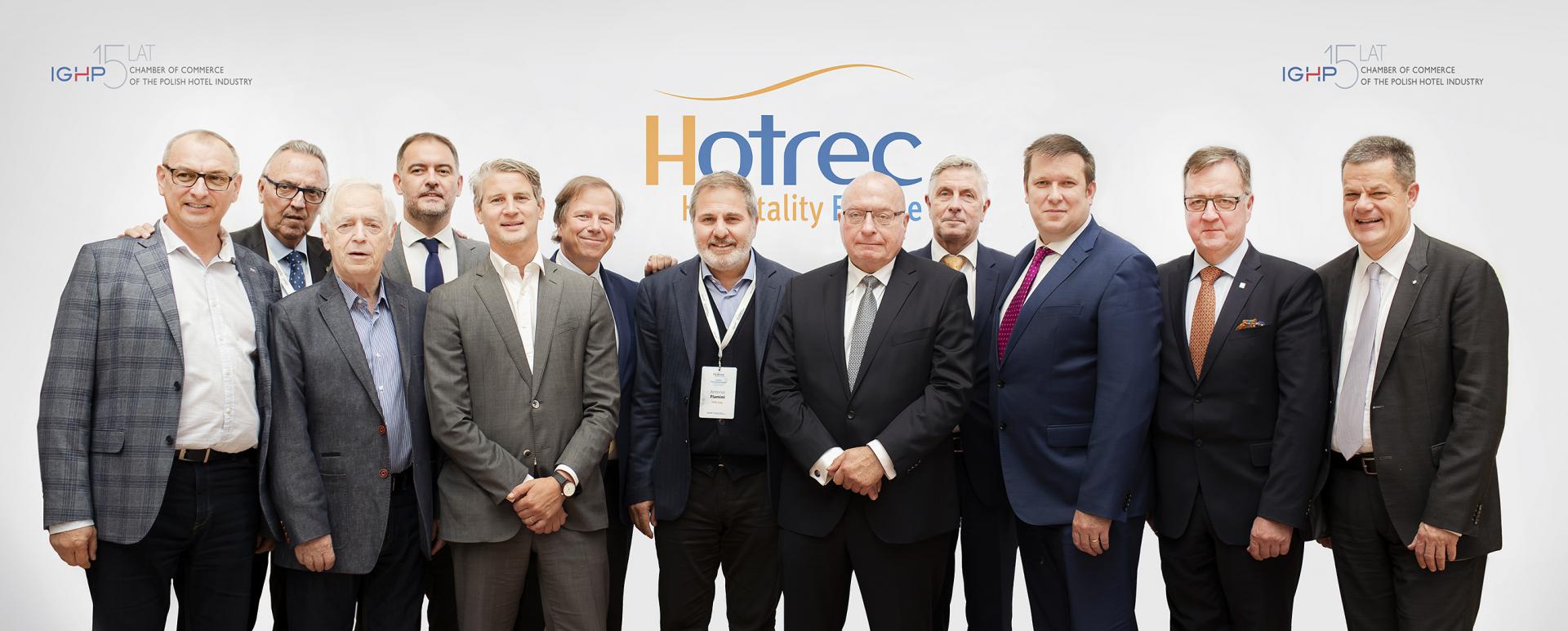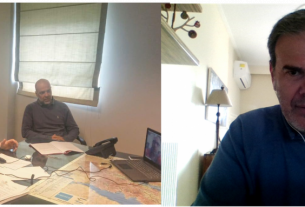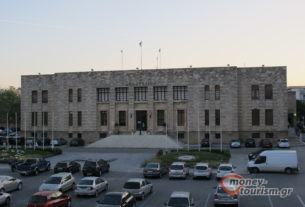Ίσους όρους ανταγωνισμού απαιτούν στον τομέα της φιλοξενίας, απαιτούν η HOTREC – Ευρωπαϊκή Ένωση Ξενοδοχείων, Εστιατορίων και Καφέ και η EFFAT – Ευρωπαϊκή Ομοσπονδία Ενώσεων Τροφίμων, Γεωργίας και Τουρισμού, σε κοινή ανακοίνωση των επικεφαλής τους κ.κ. Jean-Marc BANQUET D´ORX και Kristjan BRAGASON.
Η κοινή δήλωση στρέφεται σαφώς κατά των βραχυχρόνιων μισθώσεων, αφού όπως αναφέρεται χαρακτηριστικά, οι δύο φορείς “… εκφράζουν τις ανησυχίες τους για τον τρόπο με τον οποίο αναπτύσσεται η οικονομία των πλατφορμών βραχυχρόνιων μισθώσεων. Παρά
την αύξηση του επαγγελματισμού, ο τομέας αυτός είναι συχνά ανεξέλεγκτος και αρύθμιστος, δημιουργώντας αθέμιτο ανταγωνισμό για τις επιχειρήσεις και τους υπαλλήλους που τηρούν τις αρχές. Σε αρκετούς ευρωπαϊκούς προορισμούς, ιδιοκτήτες διαχειρίζονται 3 ή περισσότερα ακίνητα ταυτόχρονα, πράγμα που επιβεβαιώνει ότι πρόκειται για οικονομική δραστηριότητα και ως τέτοια θα πρέπει να αντιμετωπίζεται από τις αρχές”.
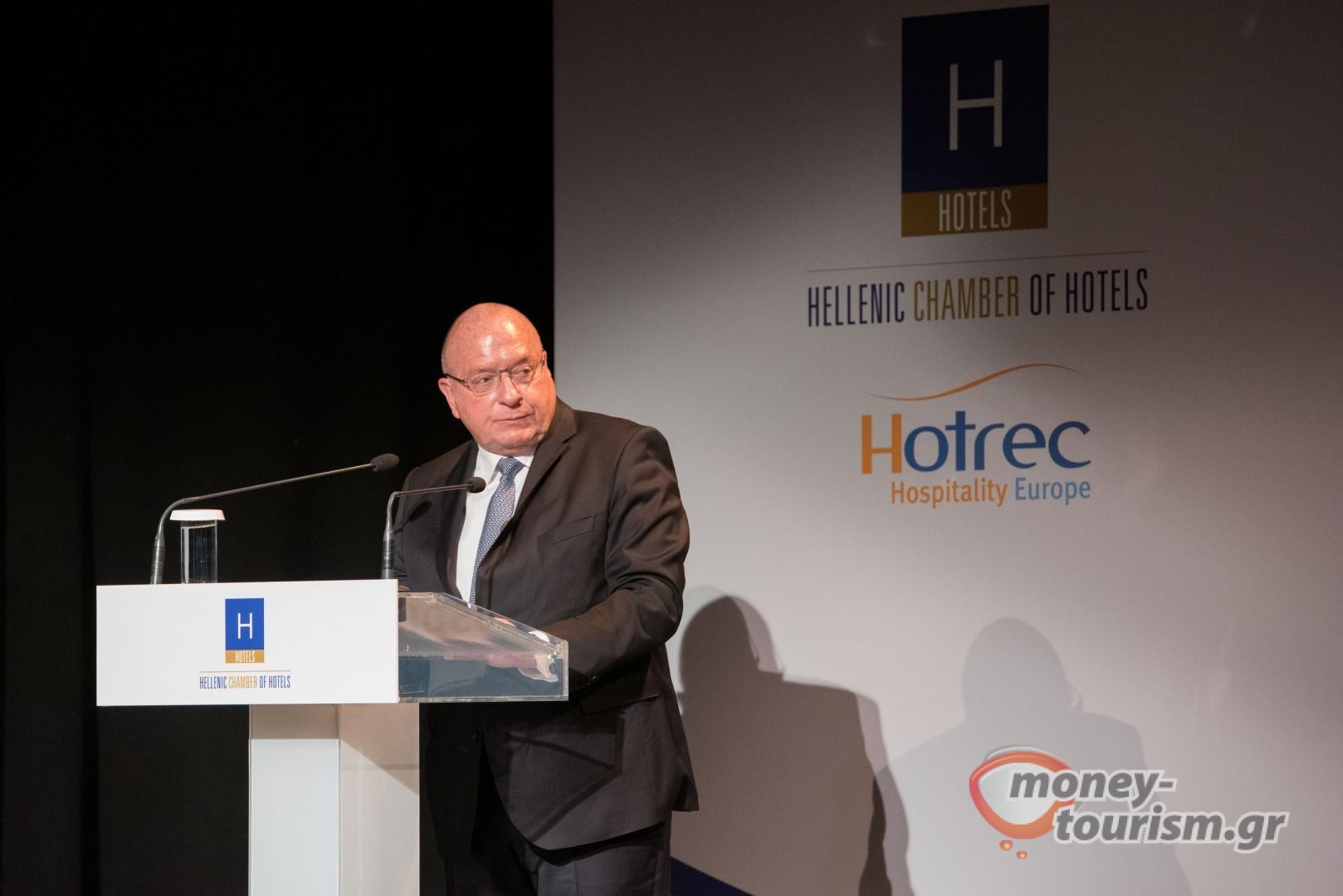 Η δήλωση
Η δήλωση
Διαβάστε ολόκληρη την κοινή ανακοίνωση των δύο ενώσεων.
For a level playing field and fair competition in hospitality and tourism
Joint EFFAT-HOTREC Statement on the Platform Economy
November 2019
Preamble
Since 2014, HOTREC and EFFAT have regularly exchanged views on the impact of the socalled ‘collaborative’ economy on the European hospitality industry during their sectoral social dialogue meetings.
Positions on the collaborative economy issued by both European organisations show that
social partners in the European hotel and restaurant sector share many concerns1.
On 4 December 2015, the parties signed a first joint statement on the matter, which they are renewing with this statement.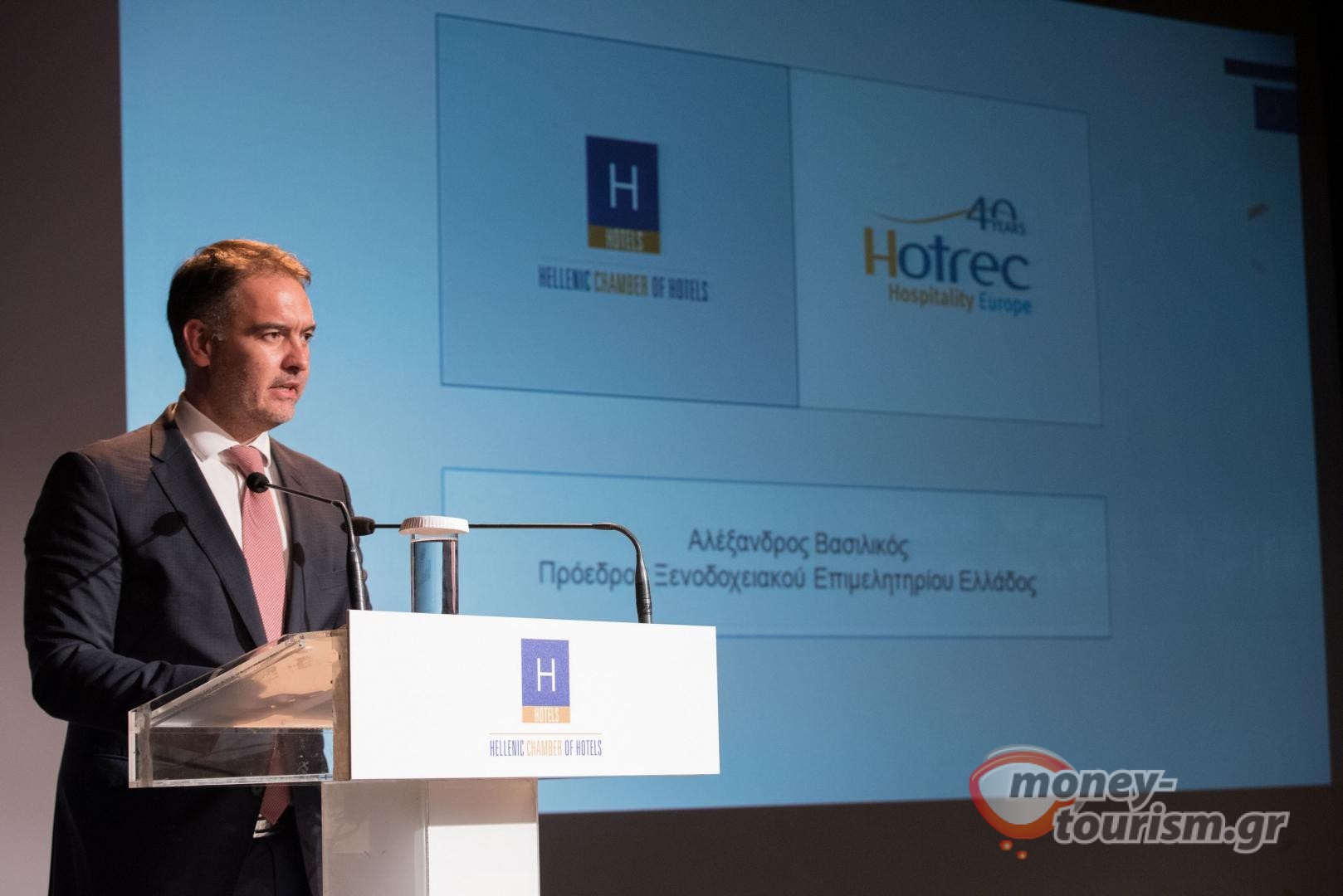
Joint Statement
EFFAT and HOTREC, the European social partners for the hotel, restaurant, bar and
café sector, are concerned about the way the platform economy is growing. Despite
increasing professionalisation, the sector is often uncontrolled and unregulated,
creating unfair competition for rule-abiding businesses and employees.
In some European destinations, around half of the hosts are managing 3 or more properties simultaneously, which confirms that this is in fact a regular economic activity and that they should be considered as professional short-term accommodation rental providers.
In addition, activities in the field of ‘meal-sharing’ are spreading in number, with private
restaurants gaining in popularity not only due to a growing consumer demand, but also as a result of their increased visibility and active promotion on online platforms.
Furthermore, unregistered operators in the platform economy may unlawfully benefit from tax breaks and use government subsidised housing restricted to personal use.
Based on this reality, the European social partners for the hospitality sector have agreed to expand their cooperation on the platform economy, in order to evaluate the impact of this activity on businesses and employment in the hospitality and tourism sectors, and which actions, together with public authorities, should be undertaken in order to prevent and repair irregularities on the market and to guarantee a fair level playing-field. This would safeguard the competitiveness of hospitality businesses, the majority of which are microenterprises, protect the jobs of thousands of employees working in the sector, and promote consumer trust in products and services that are well regulated.
Rules and regulation hospitality businesses are required to comply with often imply costs and administrative obligations, e.g. in the following areas:
– Legislation
– Fiscal obligations
– Food hygiene rules
– Registration and permits for operation
– Licensing to serve alcohol
– Statistical measurement of the economic activity
– Safety and security
– Employees’ rights and protection
– Consumers’ rights
– Right to proper living conditions of residential neighbourhoods
– Zoning in urban planning, e.g. the distinction between residential and commercial
properties Hospitality businesses guarantee the health and safety of consumers through various regulated operational standards and insurance coverage, ensure that the rights of employees are followed according to national labour laws, including collective agreements, and are subject to labour inspections. Furthermore, they invest in qualification and training of employees to ensure safety and the overall quality of services.
EFFAT and HOTREC are concerned that the increased number of hospitality and tourism
services provided via platforms will result in the creation of more precarious and even informal jobs, at the expense of regular employment.
EFFAT and HOTREC welcome the agreement reached in July 2019 between the European
Commission and Airbnb on compliance with consumer rights which includes a distinction
between private and professional hosting; the obligation to show the total price of a rental, including all mandatory charges and fees; and the access to online dispute resolution.
Nevertheless, the social partners think that more transparency on the differentiation between private hosts and professional providers should be established. It may also be worthwhile ensuring that future settlements are accomplished with all providers in a specific field of the platform economy rather than with single companies.
HOTREC and EFFAT call upon the public authorities to take measures to:
Increase efforts to regulate the economic activities of the platform economy through
legislation to limit the negative impact on businesses and employment in the hospitality
and tourism sector;
Collect coherent data;
Create measured deterrents for operators not respecting requirements by legislation
through appropriate sanctions;
Guarantee that legislation is fully respected by all providers of hospitality and tourism
services, through effective enforcement, supported by resources and legal power for public authorities to do their job correctly, so that:
o Customers are protected;
o Employees are treated fairly and entitled to their rights, and
o Responsible businesses enjoy a fair competitive environment / level playing field.
Brussels, 29 November 2019
For EFFAT For HOTREC
Kristjan BRAGASON Jean-Marc BANQUET D´ORX
EFFAT General Secretary Chair of HOTREC SSD Committee”.

